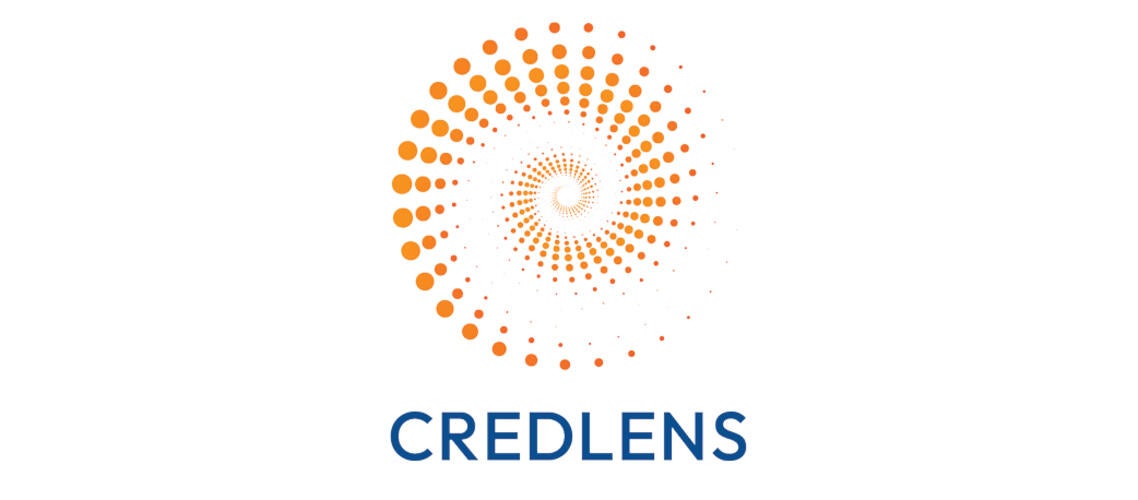Letter on Pandemic UI Requests
The Honorable Nancy Pelosi
Speaker
U.S. House of Representatives
Washington, DC 20515
The Honorable Charles S. Schumer
Majority Leader
United States Senate
Washington, DC 20510
The Honorable Kevin McCarthy
Minority Leader
U.S. House of Representatives
Washington, DC 20515
The Honorable Mitch McConnell
Ranking Member, Education and Labor Committee
United States Senate
Washington, DC 20510
The Honorable Richard Neal
Chairman, Committee on Ways and Means
U.S. House of Representatives
Washington, DC 20515
The Honorable Ron Wyden
Chairman, Finance Committee
United States Senate
Washington, DC 20510
The Honorable Kevin Brady
Ranking Member, Committee on Ways and Means
U.S. House of Representatives
Washington, DC 20515
The Honorable Mike Crapo
Ranking Member, Finance Committee
United States Senate
Washington, DC 20510
Dear Speaker Pelosi, Majority Leader Schumer, Minority Leaders McConnell and McCarthy, Chairman Neal and Ranking Member Brady, and Chairman Wyden and Ranking Member Crapo:
We are writing on behalf of the National Association of State Workforce Agencies (NASWA), a non-profit and non-partisan association, whose membership is comprised of workforce agencies in all states, the District of Columbia, and U.S. territories, on the front lines of administering workforce and unemployment insurance (UI) programming.
NASWA respectfully requests your assistance in addressing four timely issues arising from prior pandemic UI-related programming in any upcoming legislative vehicle to better serve American workers.
- Waive non-fraudulent pandemic related unemployment compensation overpayments. The CARES Act and subsequent legislation created four new UI programs to benefit workers who lost their jobs as a result of the pandemic:
- Pandemic Unemployment Assistance (PUA);
- Federal Pandemic Unemployment Compensation (FPUC);
- Pandemic Emergency Unemployment Compensation (PEUC); and
- Mixed Earner Unemployment Compensation (MEUC) programs.
As a result of numerous changes in guidance from the U.S. Department of Labor since the original passage of the CARES Act, in addition to the eligibility changes brought about in the Continued Assistance Act, many individuals who received pandemic UI assistance are now seeing their benefits changed to overpayments – requiring them to repay these funds, which they received through no fault of their own. A current and consistent waiver process is not available in all states and federal action is necessary to prevent further hardships on these individuals.
Individuals receiving PUA, PEUC, MEUC, along with additional FPUC, spent these funds months ago to help preserve their own economic stability. The likelihood of recovering these funds is low and the cost of states’ efforts to secure repayment far outweighs any monetary returns. In addition, these individuals will be denied further UI assistance until repayment is made, as individuals determined to have overpayments are ineligible for future UI assistance. We request Congress to allow states to waive all non-fraudulent PUA, PEUC and MEUC overpayments, including FPUC, to prevent further economic hardship on these individuals.
- Greater clarity from FEMA is needed to protect states that quickly assisted citizens through the Lost Wages Assistance (LWA) program. In the summer of 2020, states were encouraged to quickly implement the LWA program, administered by the Federal Emergency Management Administration (FEMA), to provide a supplemental UI benefit after the Federal Pandemic Unemployment Compensation (FPUC) lapsed. NASWA requests states be held harmless for unrecoverable LWA overpayments as long as good faith efforts are being made to recoup improper payments.
- An extension of state staffing flexibility is critical for the continued operation of UI programs. States relied on non-merit staffing for hiring temporary staff or rehiring retirees or former employees on a non-competitive basis to process the elevated number of claims over the past two years. Given the continued workload and claims backlogs, NASWA requests an extension of state staffing flexibility, similar to Section 2106 of the CARES ACT, be authorized through 2022.
- A waiver of interest payments and the accrual of interest on federal advances to UI trust funds should be extended through 2022. Many states are borrowing from the US Treasury in order to make UI payments. Given the continued economic stress, all state workforce agencies agree that a continued moratorium on interest accrual and payments is critical in order to avoid significant increased taxes and assessments on employers.
The four items above are critical to promote economic recovery as well as the efficient and effective administration of UI programs. Last year’s NASWA 2021 Legislative Priorities include recommendations for additional improvements in the public workforce system.
Sincerely,
Robert Asaro-Angelo
NASWA Board Chair
Commissioner,
New Jersey Department of Labor & Workforce Development
Dr. Tamika L. Ledbetter
NASWA Board Chair-Elect
Commissioner,
Alaska Department of Labor & Workforce Development
Scott B. Sanders
NASWA President and CEO





























